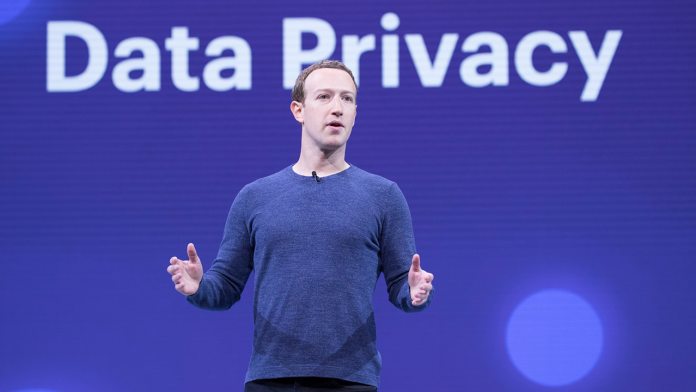1 Opening the Vaults2 Free Data
Facebook has already been rocked by numerous scandals this year. Now, the company has been caught handing user account access to 150 major companies. It seems as privacy concepts change, the company is being left behind. Facebook may still enjoy a huge userbase, but the network is increasingly looking like a dinosaur. Certainly, those in charge of running Facebook have not moved with the times. They think we are still in an era where tech companies mismanaging user data will go unnoticed. Through this year, the company has found that is not the case. Still, when speaking before the US Congress in April, CEO Mark Zuckerberg said, “we don’t sell data to anyone”. There has been enough evidence to suggest he lied or was at least economical with the truth. Perhaps Facebook is not selling data, but the company is giving it away.
Opening the Vaults
For Netflix and Spotify, Facebook handed the streaming companies the keys to users’ private messages. With access, the companies were able to read, write, and delete messages, and view all contacts in a message thread.
Free Data
What Zuckerberg said about selling data seems to be true as Facebook handed all this access to companies for no charge. That’s the price the company puts on your privacy and personal information. If that’s not evidence that Facebook sees its members not as contributing customers but as commodities, nothing is. If you use the social network, you will be aware that in the settings you can prevent data from being shared. However, while that may work to stop someone you don’t want to contact you from doing so, it won’t stop FB’s partners. The access the company permitted bypassed a profile’s data sharing options. As usual, Facebook has denied it was doing anything wrong. This may indeed by the case in terms of legality, but it begs the question why the company always feels it needs to hide these practices? Where’s the transparency? In a statement, Facebook said partners were working as an extension of Facebook. Of course, FB is entitled to see your information as the overseer and owner of the services. The company’s argument is its partners can be viewed as part of the network when acting in this way.




